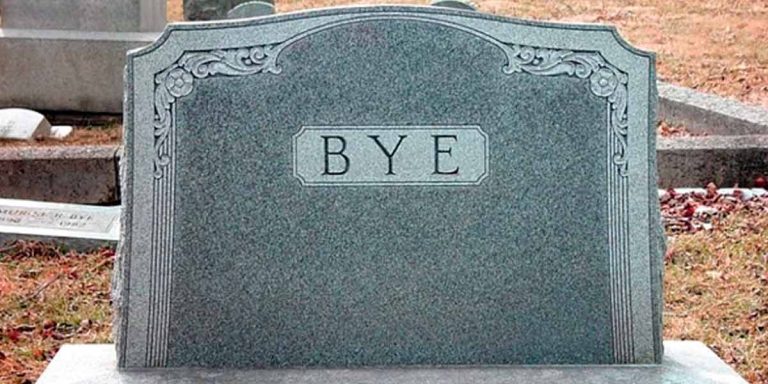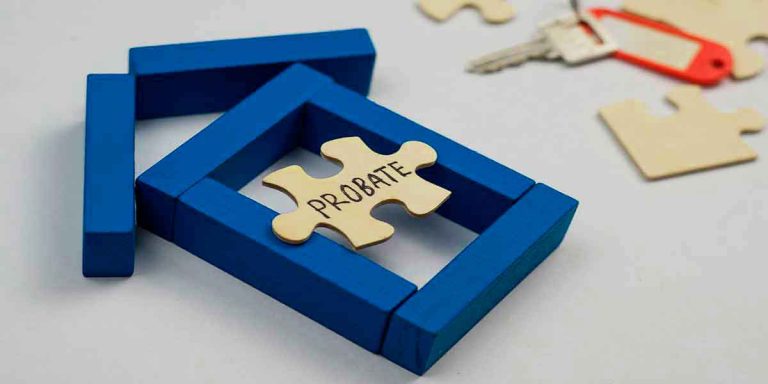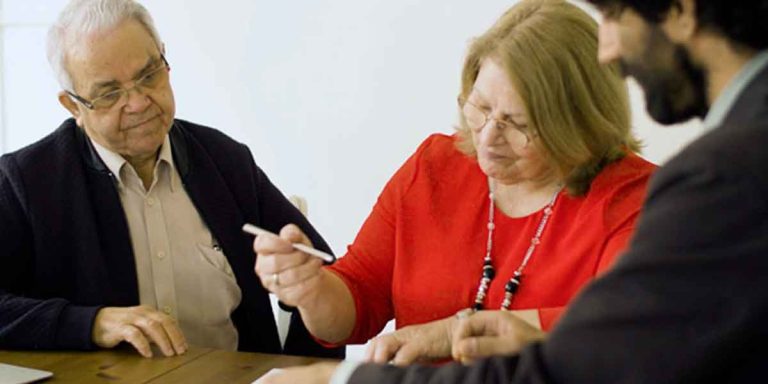Will Attorneys Near Me
Do you have a will?
Are you sure that it is up-to-date?
Below we discuss what this section will cover. This section will discuss the importance of having a will, updating your current will, and some great advice for creating one.
The content in this section can be accessed by reading further on.
A will is a legal document that guides how your property and assets are handled at the time of your death. A will can also help you appoint guardians for your minor children, and designate someone to administer the estate. As well as to assign someone to be responsible for distributing all remaining assets after death. In this section, we will talk about why you should update your will.
The first reason is that it will tell people what to do with everything. Also, to those whom to turn it over to when a person dies. The second is that it helps ensure that any wishes are carried out in accordance with the deceased’s wishes. Of course, before they pass away. Lastly, updating wills after marriage or divorce ensures that all family members are included correctly.
It is important to update your will because you may have had a change in circumstances. In addition, if your estate plan is outdated, it means that your estate may not get passed down. Even the way you want. An outdated estate plan can cause problems and confusion after a person’s death. It can also lead to legal disputes among heirs.
Therefore, it’s critical to update your will periodically to ensure that it accurately reflects any changes in life. As well as changes in the law that could affect the distribution of assets upon death.
Will Attorneys Near Me on Making Your New Will
This document also identifies who should receive these assets and who should be the executor of this will. It is best to consider updating your will. Specifically, if you have experienced a major life event such as marriage or divorce, having children, or acquiring new property.
The most important thing to do when you are alive is to make sure that everything is in order. There are many tasks that need completing, but you should start with your will. If you’ve never created a will before, it is time to take the time and do it. Another thing that you should consider doing is adding an addition for your spouse or partner. This way, if something happened to them and they died. The money would be passed on to them or one of their descendants.
An old will is not automatically invalidated when a new will is drafted. However, the new will must have been made with the intention of replacing an existing will. If a new will does not replace an existing one. Then this could imply that the person who had their wills drafted for them did not understand what was happening. As well as would be confusing to beneficiaries or executors.
A probate or estate lawyer can help someone make sure that they have clarified their intentions. Even updating their original wills accordingly. This ensures that there is no confusion as to which will be followed when a person passes away. This section provides information about what happens to an old will when a new one is made.
Will Attorneys Near Me & What Happens to Your Old Will.
If a last will and testament is written after the execution of a previous will, the former supersedes the latter. This is subject to certain limitations. Including the provisions in favor of persons who were not named. As well as those who were omitted or under-provided in the former will are not invalidated by this action. It also applies if all or some of those provisions are simply inconsistent with those in the former will.
A will is written to define the distribution of a person’s property at the time of death. When a new will is made, the old one ceases to exist. So if there are assets that have not been given away. They may be unintendedly left to someone who was not meant to receive them. For more information in regards to estate planning and taking care of your assets, feel free to explore our website. Get as many details as you can to have a foolproof plan.
































